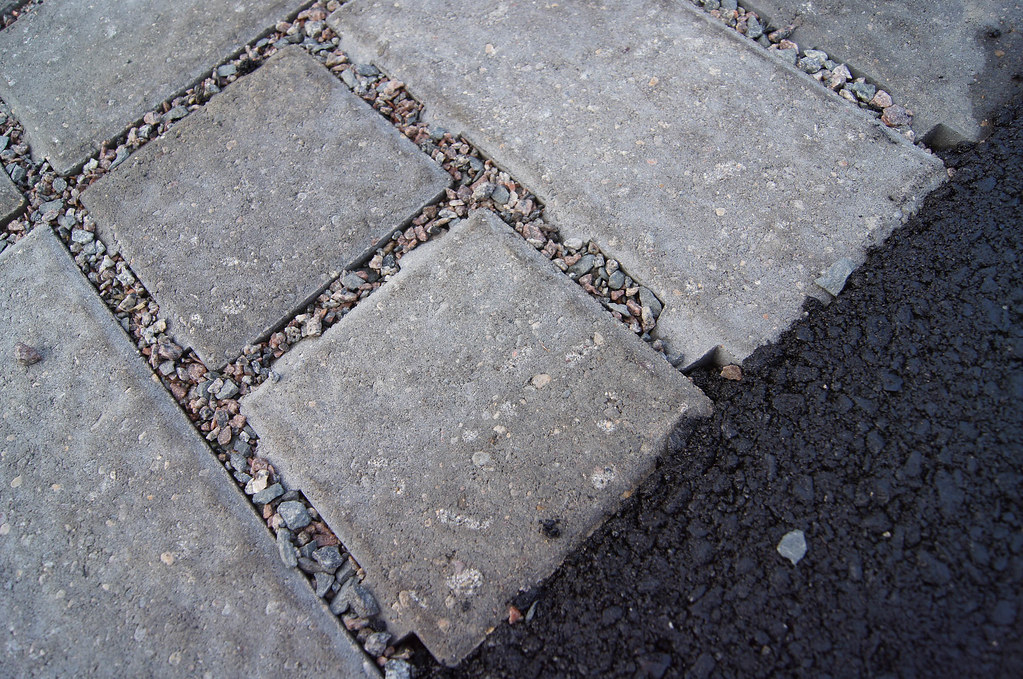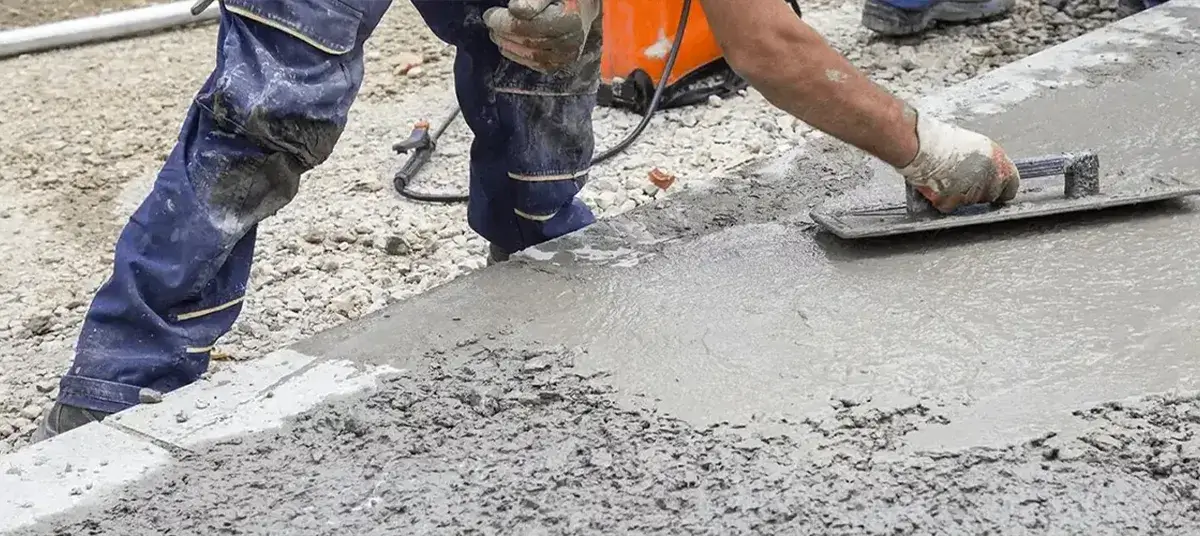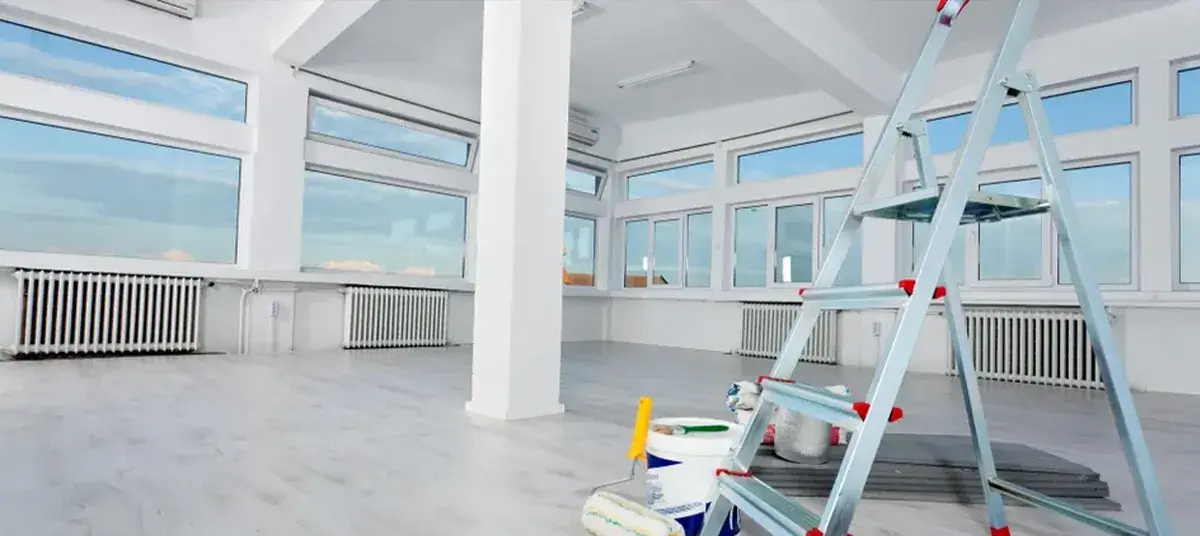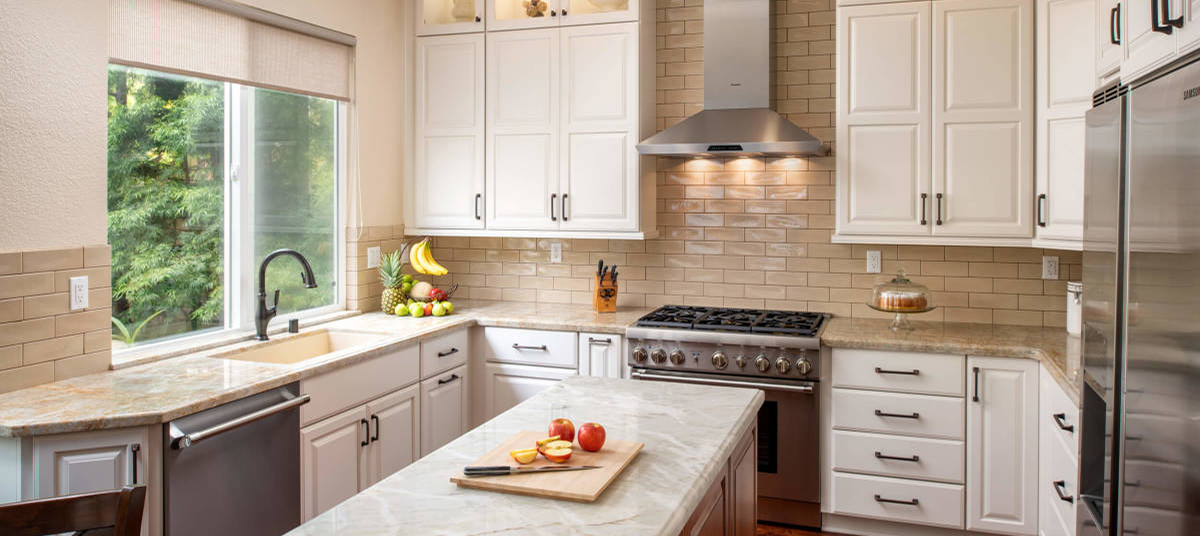Concrete vs Asphalt: which is the best option for your commercial property?

When it comes to paving your commercial property, there are two main options: concrete and asphalt. Both materials have their own unique benefits and drawbacks, and choosing the right one for your property can be a challenge. In this blog post, we will explore the differences between concrete and asphalt and help you determine which one is the best option for your commercial property.
- What is Concrete?
- What is Asphalt?
- The Pros and Cons of Concrete
- The Pros and Cons of Asphalt
- Choosing the Right Paving Material for Your Commercial Property
I. What is Concrete?
Concrete is a building material that is made up of cement, water, and aggregates (such as sand and gravel). It is a versatile material that can be used for a wide range of applications, including pavement, sidewalks, and building foundations. Concrete is known for its strength and durability, and it can withstand heavy traffic and extreme weather conditions.
II. What is Asphalt?
Asphalt, on the other hand, is a mixture of aggregates (such as sand, gravel, and crushed stone) and asphalt cement. It is typically used for paving roads, parking lots, and other commercial properties. Asphalt is known for its flexibility and ability to withstand extreme temperatures.
III. The Pros and Cons of Concrete
Concrete has a number of benefits and drawbacks when it comes to paving your commercial property. Here are some of the pros and cons of using concrete:
Pros:
- Durability: Concrete is known for its strength and durability. It can withstand heavy traffic and extreme weather conditions.
- Longevity: With proper maintenance, concrete can last for up to 30 years.
- Aesthetics: Concrete can be tinted and stamped to create a variety of textures and designs.
- Low Maintenance: Concrete requires very little maintenance, making it a great option for busy commercial properties.
Cons:
- Cost: Concrete is typically more expensive than asphalt.
- Installation Time: Concrete takes longer to install than asphalt, which can cause disruptions to your business.
- Prone to Cracking: Concrete is prone to cracking over time, especially if it is exposed to extreme temperatures or heavy loads.
- Slippery When Wet: Concrete can be slippery when it is wet, which can be a safety hazard for pedestrians.
IV. The Pros and Cons of Asphalt
Asphalt also has a number of benefits and drawbacks when it comes to paving your commercial property. Here are some of the pros and cons of using asphalt:
Pros:
- Cost: Asphalt is typically less expensive than concrete.
- Installation Time: Asphalt can be installed quickly, which minimizes disruptions to your business.
- Flexibility: Asphalt is flexible and can expand and contract with changes in temperature, which makes it less prone to cracking.
- Smooth Surface: Asphalt provides a smooth surface that is ideal for driving and parking.
Cons:
- Durability: Asphalt is not as durable as concrete and may require more frequent repairs.
- Shorter Lifespan: Asphalt typically lasts for 15-20 years, which is less than the lifespan of concrete.
- Maintenance: Asphalt requires regular maintenance, including sealcoating and crack filling.
- Environmental Impact: Asphalt production has a higher environmental impact than concrete production.
V. Choosing the Right Paving Material for Your Commercial Property
Choosing the right paving material for your commercial property depends on a number of factors, including your budget, the amount of traffic your property receives, and the climate in your area. Here are some questions to consider when making your decision:
- What is your budget?
- What is the traffic volume on your property?
- What is the climate like in your area?
- Do you want a smooth surface or a textured surface
- Are aesthetics important to you?
- How important is durability?
- How long do you plan to keep your property?
Based on your answers to these questions, you can determine whether concrete or asphalt is the best option for your commercial property. If you are looking for a durable, long-lasting surface that can withstand heavy traffic and extreme weather conditions, then concrete may be the best option for you. If you are on a tight budget and need a surface that can be installed quickly, then asphalt may be the better option.
In conclusion, choosing the right paving material for your commercial property depends on a number of factors, including your budget, the amount of traffic your property receives, and the climate in your area. While both concrete and asphalt have their own unique benefits and drawbacks, the key is to choose the material that best meets your specific needs and requirements.
At Dynamic GC Corp, we have years of experience in commercial paving and are committed to providing our clients with high-quality workmanship and excellent customer service. Contact us today to learn more about how we can help you with your paving project.



















